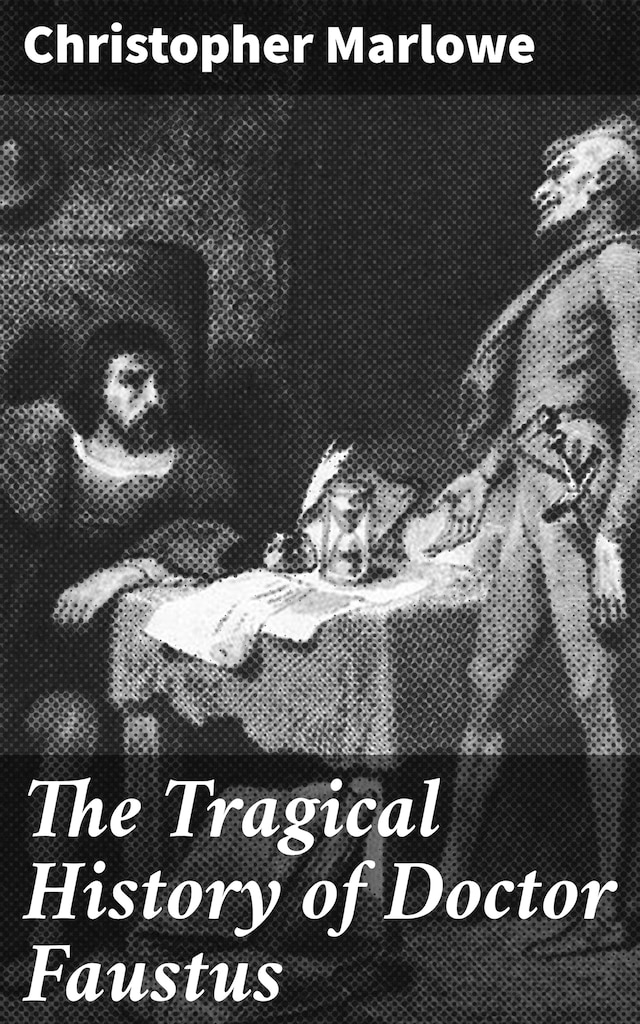
The Tragical History of Doctor Faustus
From the Quarto of 1604
Description of the book


